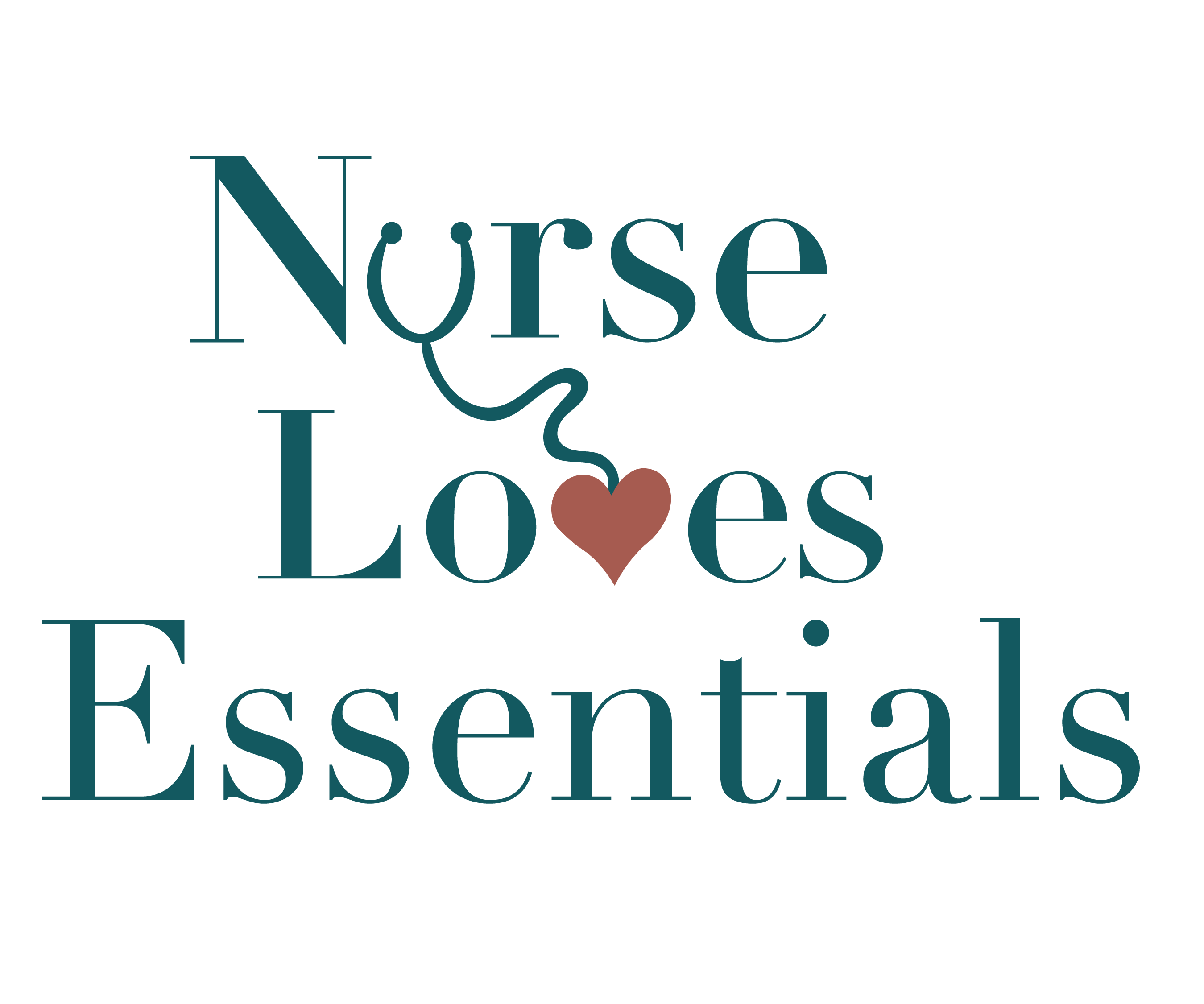
There are several proven ways that imposter syndrome shows up in chronic illness, including ableism, constantly trying to be a perfectionist, and imposter syndrome triggered by gaslighting.
With chronic illnesses, most patients often experience feelings of being a fraud in their own bodies and a sense of having fooled everyone into thinking they are someone far from their original selves. Imposter syndrome is one of a chronic illness’s most common mental health effects aside from anxiety, depression, and guilt.
How does imposter syndrome show up in people with chronic illnesses? What is the relationship between chronic illness and imposter syndrome?
What is imposter syndrome?
Verywellmind defines imposter feeling as an inward experience of believing you are less than competent compared to how others view you. Healthline defines it as perceived fraudulence characterized by feelings of self-doubt and incompetence that cannot be erased by experience, knowledge, or success.
One major thing that stood out in these definitions is that imposter syndrome is psychological, i.e., it starts from the mind and defies logic.
One dangerous thing about imposter syndrome is that it can worsen as you achieve more. With each success comes the need to put more effort into maintaining your ‘false’ competence just enough that people don’t find out how much of a fraud you are until the next success, and the cycle continues.
Causes of imposter syndrome
Imposter syndrome was recognized in the late 70s by two psychologists. It was found to be prevalent among a group of women who were highly successful but has since been discovered among all other demographics.
There are no exact causes of imposter syndrome, maybe because it has to do with mental health, but there are certain factors or triggers that lead to the occurrence of imposter syndrome:
- Background
- Environment
- Chronic illness
- Low self-esteem
- Perfectionism
- Gender/race bias
- Neuroticism
- Change
Relationship between chronic illness and imposter syndrome
The weirdest thing you might ever hear would be someone coming out of a certified doctor’s office and thinking they managed to fool the hospital staff, including the machines, into giving a diagnosis.
What is the relationship between being diagnosed with a chronic illness and imposter syndrome? Why feel like a fraud when it is obvious you aren’t?
The feeling of self-doubt is constant among people with chronic illnesses and disabilities. The denial will come first when you refuse to accept that your life just took a new turn. Afterward, you begin to lose your self-esteem and confidence while starting to doubt your ability to be productive in life. You will begin to believe that your achievements are somewhat not yours.
People are not scared to give their opinions, whether hurtful or not, and comments in passing can turn your whole life on its axis. Since most chronic illnesses are invisible, people will loudly express their doubts about their health and wonder why a seemingly perfectly healthy neighbor uses a walking aid or wheelchair.
Hearing the doubts of others can make you doubt yourself, which is the thing with imposter syndrome; it has no respect for reality. It doesn’t care about the medical proof, the surgical scars, or even the intense pain that crunches you up in a ball, but it keeps attacking the mind until the gap between what’s real and what isn’t gets intertwined.
There are other ways where imposter syndrome shows up in chronic illness. Keep reading to learn more.
Proven ways imposter syndrome shows up in chronic illness
There are different ways imposter syndrome shows up in chronic illness, but the underlying fact is that you constantly question yourself, your worth, and reality.
1. Doubting your grasp on reality
You begin to doubt your grasp on reality, especially when dealing with a chronic illness like endometriosis that takes a while to get diagnosed. Having to battle pain that people might normalize can make you question your grasp of what is real.
Is my pain real? Or Is it all in my mind?
You might start to feel yourself in a constant battle against these questions; unfortunately, most people lose the fight. You feel like a stranger and a fraud in your own body, which is the worst feeling ever!

2. Doubting the severity of your symptoms
Imposter syndrome can also make you doubt the severity of your condition because sometimes, you look and feel fine, while at other times, you can hardly get out of bed.
The memory of you in your almost perfectly normal condition and the opposite can become so distorted that you start to believe your symptoms might not be as severe as you are feeling, and maybe the pain is all in your head.
Imposter syndrome takes you through a myriad of impossible theories, but because it is deeply rooted in your mind, you cannot see its absurdity.
3. Doubting your ability to succeed
You start to doubt your successes and even your little achievements. You might also start to sabotage your success and opportunities by downplaying the extent of your abilities or even attributing your success to someone’s failures.
For example, imposter syndrome can make you believe that you came first in an exam because the teacher was considerate or because the person who should’ve come first had a fever three months before the exam (I’m trying to capture the absurdity of the imposter thought process).
4. Trying to be a perfectionist and ignore your condition
Imposter syndrome also shows up in this way. It makes you want to constantly prove yourself to others and try to be perfect in everything you do. You end up overworking yourself to cover up for the defect you alone can see. It becomes a vicious cycle, and at the end of the day, it also affects your physical health.
5. Constantly comparing and feeling the need to match-up
Since you always feel like a fraud, it becomes a habit to look outwards for ‘inspiration.’ You will see yourself continually comparing your abilities with someone else’s, sometimes a healthy person with no history of chronic illness.
After comparison, you see yourself lacking in many ways, and without considering the health differences, you start trying to match up with the other person’s energy.
6. Not willing to show a sign of weakness
When imposter syndrome shows up, acknowledging your weakness becomes forbidden. As much as you doubt yourself, you are also not ready to reveal that fact, so you try to meet up with the demands you place on yourself.
Sometimes you succeed, but when you don’t, you lose grasp of if you are in pain or just faking it.
7. Imposter syndrome triggered by Ableism
Sometimes, you internalize ableism and feel so ashamed of being different and sick that you play pretend at the expense of your health. You don’t want to look sick, so you use heavy makeup.
You do everything you can to embody the perfectly healthy human body so that when you eventually talk about your illness, it is hard to believe even to yourself because you have been so good at it.
8. Doubting the fact that you are really sick
Closely related to ableism but can also happen due to other factors. Maybe because you have heard a lot of people saying it, or perhaps because you just don’t trust yourself, you start to believe that maybe, just maybe, you aren’t really sick.
You start to imagine that your mind might be playing tricks on you, your body is just going through a phase, and that the doctors made a mistake. Like that, your mind starts creating moments that would have resulted in a wrong diagnosis.
9. Imposter syndrome from gaslighting
When it comes to diseases with no direct diagnostic testing but involving a series of physical and psychological examinations, you might experience gaslighting from your doctor.
It is not technically their fault because they have to eliminate a lot of options, and you might be constantly asked about other factors that might have caused the symptoms to appear, including the tendency for it to be imagined.
Imagine your doctor making you feel that your symptoms are imaginary; it doesn’t take long until you start to doubt if they are real.

How to deal with imposter syndrome
Dealing with imposter syndrome isn’t as easy as just saying ‘dealing with imposter syndrome,’ especially when your reality alone is a trigger for imposter syndrome. Chronic illness makes it easy to doubt one’s self constantly, but there are some measures you can take to prevent and deal with imposter syndrome:
- Avoid comparison
- Don’t place unnecessary pressure on yourself
- Set realistic goals
- Acknowledge your achievements
- Make peace with your shortcomings
- Challenge your doubts
- Open up
Conclusion
Imposter syndrome usually indicates that there is some degree of achievement you have attained, which your mind is trying to trick you into attributing to something else, perhaps your environment or luck. However, please know that whatever you have achieved in life, even if you had a little help, is not by luck, and you shouldn’t see it that way.
Most of what you have achieved, with or without a chronic illness, is a compendium of the choices you made by yourself, and you should get the credit for that.
Your chronic illness does not define you, and it should make you realize just how strong you are because instead of giving in to the demands of your health, you are crushing it consistently, even if not daily.
Are there other ways you have recognized imposter syndrome in your chronic illness journey?
READ ALSO: How to Stay Positive When Dealing with a Chronic Illness




0 Comments